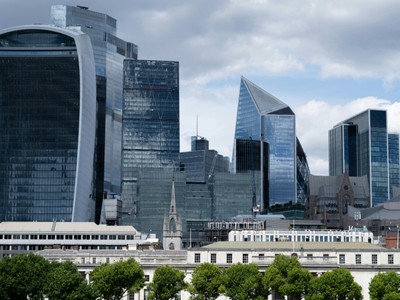Certainly, there have been a lot of comments recently on where interest rates might be going. The Governor of the Bank of England, Mark Carney has delivered conflicting views on what the future might hold for the cost of money, at one stage suggestin g 2.5% could be the next ceiling. Perhaps more relevant, two senior figures associated with the Monetary Policy Committee, which sets the level of interest rates, have delivered their own form of forward guidance.
Sir Charles Bean, the outgoing deputy governor, has suggested we might return to the long term average of 5%. MPC member, David Miles, on the other hand expects rates to settle down at 3.5%. Given that the rate set by this committee presently stands at 0.5%, either suggestion, if correct, will doubtless cause borrowers concern. For what it is worth, a colleague believes Mr Miles is more likely to be correct as the longer term trend in interest rates appears to be down.
Part of the reason why we are suddenly hearing so much about what might happen to interest rates is a growing concern amongst policymakers that we are all becoming over confident that low interest rates will persist. The false sense of security this engenders could well be behind the seemingly unstoppable rise in the value of residential property in this country. Already banks have to be more stringent in how they process loans.
But a rise in interest rates must be inevitable. It is simply a case of when and by how much. The unemployment target set by the Bank’s governor as creating a potential trigger for a rate rise has already been met. The fact that rates didn’t go up has much to do with worries that such a move could choke off our fragile economic recovery. Independent, our central bank may be, but suicidal it isn’t.
Of course, higher interest rates will benefit some sections of our community. Pensioners with bank and building society deposits have suffered for several years with disappointingly low returns. Dearer money should boost their income. We just have to hope that it does not take place against a background of a rising cost of living. While markets do not appear concerned over eithe r interest rates or inflation at present, at some stage they will enter the equation. It is still too early to tell whether any reaction will be positive or negative.
1 July 2014
Market Comment: a personal view 1st July
Markets have entered into holiday mode early this year

Related articles
Signs of economic improvement are emerging in the UK as inflation falls and consumer confidence stabilises.
How did JM Finn’s Investment Management Service portfolios perform in January?
Head of Investment Office Jon Cunliffe and Fund Manager James Godrich discuss the positive returns in equities and bond markets despite volatility.
If you like this article, follow us for more insights.
To receive more content like this subscribe today.


